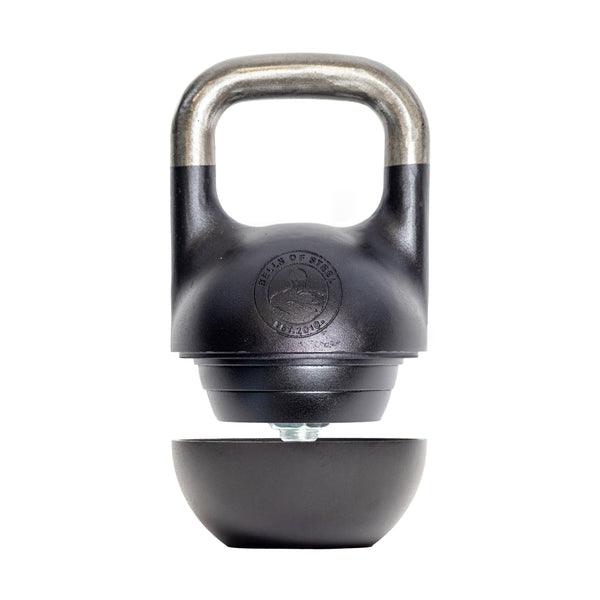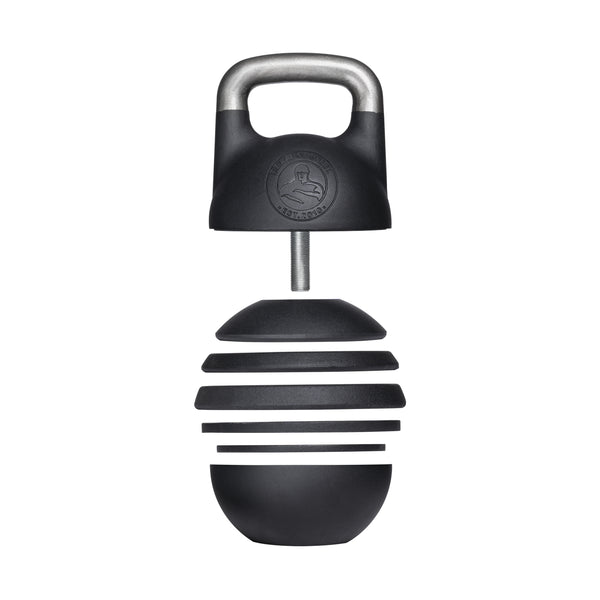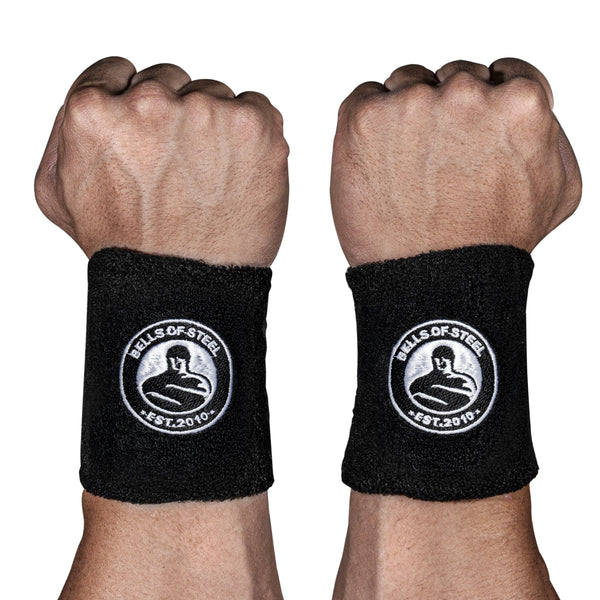Running, as a workout or recreational activity, has several benefits that go beyond physical fitness.
However, not all runners understand how to properly prepare for a run or recover from running, which is both physically and mentally demanding.
So, are you ready to step up your running game?
We got 'ya covered! 😉
In this blog post, we'll show you how to combine kettlebell exercises with an innovative recovery tool to transform your exercise routine. We'll share some effective exercises that will your improve strength, endurance, and overall performance.
But that's not all; we'll also show you a game-changing muscle-scraping tool from Sidekick that will revolutionize your post-workout recovery.
Runners often neglect strength training, unaware of the benefits it brings to their performance. Believe it or not, incorporating strength exercises into your routine can make you a better runner. Not only does it improve your running economy, but it also builds core strength and leg power.
Here are some kettlebell exercises that will spice up your training. The slingshot lunge is a dynamic exercise that targets the core and hips, enhancing stability and stride efficiency while running.
- Start this exercise by grabbing a kettlebell with your right hand toward one side of the handle (uncentered) and your pinky finger near the horn.
- From there, stand in a straddle and guide the kettlebell between your legs and around your left leg, grabbing it with your left hand. Your left hand should grip the other side of the handle with the pinky close to the horn.
- Swing the kettlebell up and catch the side with your right hand as you step your right leg back into a lunge position.
- Repeat the motion, going through the exercise on both sides.
It may seem complex at first, but with some practice, you'll nail it! 💪 Check out the video above for a demonstration (and validation that B.o.S. crew member Carter feels like the rest of us doing this exercise).The Kettlebell Snatch is another dynamic movement that requires proper technique to avoid wrist smacks and maximize efficiency.
Paying attention to your grip and hand positioning when doing the kettlebell snatch is essential.
- Grab the kettlebell in an overhand, off-centered grip so the horn (corner of the handle) rests on the webbing between your pointer finger and thumb.
- Stand with your legs at hip width.
- Maintaining a straight wrist, hinge your hips back and swing the bell between your legs as you would for a single-arm kettlebell swing. Your thumb should be pointing straight back during the movement.
- Push your hips forward and swing the kettlebell up as you return to a fully standing position. Your arm should remain straight as the kettlebell swings overhead for the challenging part— getting the kettlebell above your head without smacking your wrist. As you swing upward, your arm should naturally rotate so your thumb is pointed to the opposite side of your body or slightly behind you.
- Relax your grip at the top to allow the kettlebell to roll around your wrist effortlessly. You should finish with your bicep next to your ear and your hand directly overhead or slightly behind you with a fully extended arm.
Pro-tip: Keep your thumbs facing behind you as you swing to prevent wrist injuries (and get a pair of BellGuards until you get your form sorted out).
By incorporating kettlebell exercises into your training regimen, you'll develop a well-rounded athleticism that translates directly to better running performance. Whether you're aiming to shave seconds off your personal best or conquer a challenging trail run, these exercises will provide the foundation you need to excel.Pushing your limits in training can sometimes lead to muscle soreness and tightness.
High-impact activities may also lead to lower leg injuries such as knee pain, Achilles tendonitis, and shin splints in runners. Scraping each muscle group to stimulate blood flow and ensure proper muscle movement is an effective way to combat these issues.
That's where Sidekick's cutting-edge muscle-scraping tool comes in.
It's designed to target specific muscle groups and utilizes advanced techniques to promote faster recovery, reduce muscle tension, and enhance overall flexibility.Hold the Sidekick muscle scraping tool at a 45-degree angle against your target muscle and apply firm but tolerable pressure. Move the tool along the muscles for about 30 seconds, feeling the scraping effect without causing pain.
You can play around with the tool's different sides, utilizing the concave edge for larger muscle groups and the corners for smaller, more focused areas.
It's normal to notice some redness in the scraped areas; this is a sign that you're effectively stimulating blood flow to your muscles.Running involves repetitive, high-impact leg movement, and runners often fall prey to pushing themselves too hard.
It's important to have a recovery plan in place and pick exercises that are suitable for you. Incorporate some of these exercises into your workout routine to build strength and confidence. Embrace the versatility of muscle-scraping tools and kettlebells to challenge your body while maintaining proper form, technique, and safety throughout your fitness journey.




